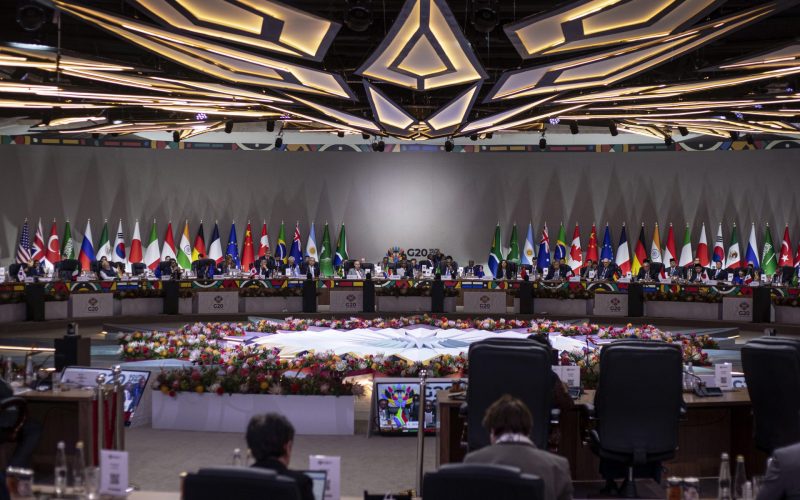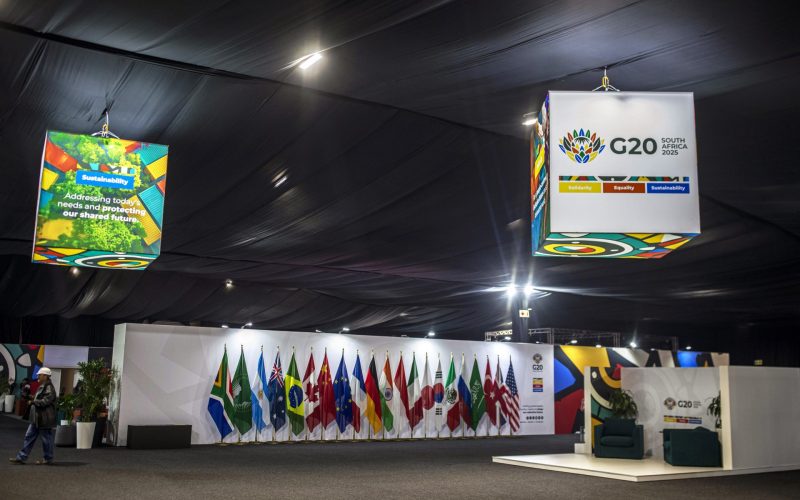Since 1994, under a democratic dispensation, South Africa’s foreign policy has aspired towards greater regional integration. This has necessitated a more pacific re-orientation of policy. However, over the past 20 years South Africa’s leaders have struggled to rebuild trust because the country’s economic and political dominance looms large over its neighbours. The intersection between ‘trust-building’ and ‘dominance’ is where South Africa’s (sometimes clumsy) foreign policy is to be located. This is why this paper draws on the themes of ‘dominance’ and ‘integration’ to explain some of the findings emanating from a perceptions survey that the South African Institute of International Affairs (SAIIA) conducted in 2013.* SAIIA conducted the perceptions survey among foreign policy practitioners in the foreign and diplomatic corps based in South Africa and Ethiopia. This paper focuses on some of the key perceptions emanating from respondents representing countries in Southern Africa and provides insights aimed at a better understanding of how politics in this region unfolds around South Africa. It also offers recommendations drawn from empirical evidence on how South Africa can improve its engagement with Southern Africa in its foreign relations.
* In 2012 SAIIA commissioned an independent, global survey company, IPSOS, to conduct a qualitative perceptions survey among foreign policy practitioners in South Africa and Ethiopia. The final sample comprised 60 respondents in both countries (40 in South Africa and 20 in Ethiopia), all of whom either were high-ranking representatives in foreign missions (especially in South Africa) or occupied positions in international governmental organisations, regional organisations and civil society organisations.








